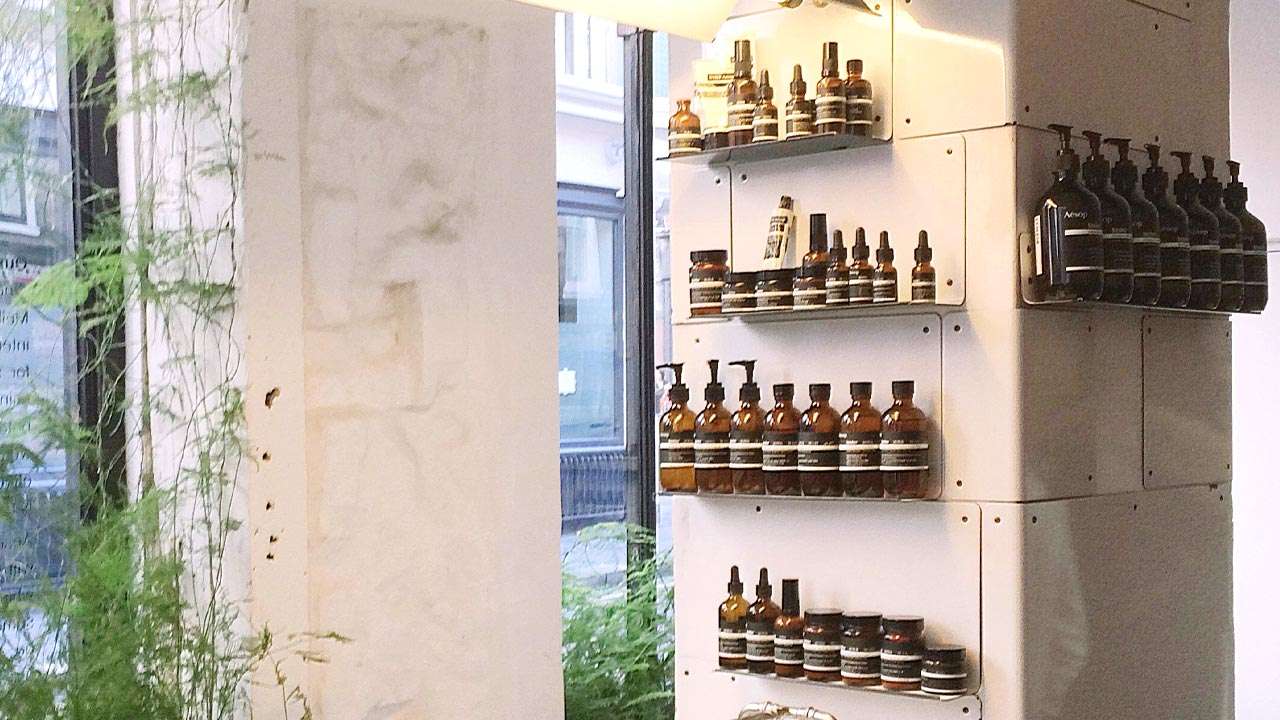POSTED Mar 22, 2022 - 10:42 AM
How beauty brands are stepping up to standardize refill stations
In hindsight, consumption of non-recyclable packaging has posed a serious issue on the environment
Original Source: https://nolisoli.ph/62795/refilling-stations-ymalajito-20190523/
Original Text by Yazhmin Malajito
Additional Text by Kleo Catienza
The beauty industry is worth an estimated $511 billion annually and it is expected to hit $716.6 billion by 2025. In the United States alone, women spend about $3,756 on personal care products every year. In addition, a 2021 PowerReviews survey revealed that 40 percent of consumers today are “more willing to try beauty products than before the coronavirus pandemic.”
With this fast-paced growth, massive resource consumption and unprecedented levels of waste production have become apparent. According to a UK-based waste and recycling company Zero Waste, pharmaceutical and personal care companies around the world have produced approximately 120 billion units in 2018—most of which were non-recyclable and made from highly toxic materials that can create significant contamination problems. Some brands also churn out products with hazardous chemicals like parabens, triclosan, plastic microbeads, and mercury that usually end up in sewage systems.
How does the beauty industry address these issues?
Considering the impact that personal care products have on the environment, there is now a call for companies to create a positive shift towards a more sustainable future. Based on a poll conducted by eco-ethical brand weDo/ Professional, more than 50 percent of consumers see sustainability as a key factor when making a purchase, with 56 percent leaning towards products with recyclable packaging.
To meet this consumer demand, brands like Kjaer Weis and L'Occitane are redefining the beauty industry by being more eco-conscious.
Kjaer Weis, a Danish brand well known for its natural and certified-organic beauty line, was the first luxury beauty brand to introduce refillable packaging at launch. The company has been recognized for its efforts to reduce waste production by using 100 percent refillable, recyclable, and compostable materials.
“With our intelligent refill system, you don’t need to waste money or create waste on packaging that’s made to be discarded. The architecturally bold design of KW products is meant to be kept—built out of quality metal that can be refilled again and again,” wrote Kjaer Weis on its website.
On the other hand, French brand L’Occitane has already launched six refill stations across the United Kingdom and Ireland. This is in line with the brand’s goal of ensuring that 100 percent of its bottles are made from 100 percent recycled plastic and 100 percent of its stores across the world offer a recycling service by 2025. At present, L'Occitane has partnered with TerraCycle, a US-based innovative recycling company, in recycling used beauty products "to prevent them from ending up in landfills and be used in the creation of new products."
Beauty refill stations in the PH
The Philippines throws away 163 million sachets every day, the Global Alliance for Incinerator Alternatives estimated based on its five-year waste audit in 2019. These wastes remain in the environment for thousands of years, polluting the land, sea, and air.
“We can’t solve the problem of plastic pollution if we don’t attack it from the source,” said Human Nature founder Anna Meloto-Wilk during the launch of its first refill station. However, there lies a big hindrance to the local beauty brand’s attempt to widen the scope of its refilling facility: the Food and Drug Administration’s (FDA) existing regulations on establishing refill stations.
“It’s not an enabling environment as of now because there are [government] policies that restrict refilling as of now,” said Meloto-Wilk. According to her, setting up water refilling stations—which should be more regulated—is easier. “But we’re willing to experiment and try [refilling] out. It’s our imperative and responsibility to make changes and to not be complacent.” As of now, Human Nature only offers to refill homecare products.
Together with environmental advocates and nonprofit organizations like Save the Philippine Seas, Mother Earth Foundation, Greenpeace Southeast Asia-Philippines, and WWF Philippines among many others, Meloto-Wilk filed a petition to the FDA to change the existing rules to be more responsive to refilling setups.
They also have an ongoing online petition where they raised three opportunities that deal with safety, traceability, and adaptation of the products for the agency to enhance the implementing rules and regulations of Republic Act No. 9711 or The Food and Drug Administration Act of 2009.
Meloto-Wilk wanted to make this case with the petition: If water refilling is allowed for as long as there are standards, a similar setup for cosmetics and home products is possible.
“We seek to bridge the policy gaps and promote a sea of change in the way responsible Filipino companies and ordinary citizens use plastic—not just temporary measures, but permanent and lasting policies, structures, and systems,” wrote the proponents of the petition.
Apart from Human Nature, All Things Hair—which features top hair care labels from Unilever such as Dove, Cream Silk, Sunsilk, and TRESemmé—is the only brand that has established refill stations in the country.
For more information and news on home, furniture, lifestyle, and fashion accessories visit FAME+
Read more
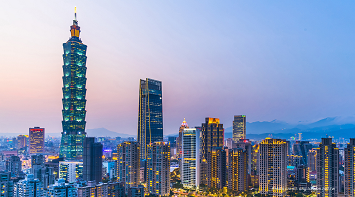
CITEM Market Sensing Mission to Taiwan to strengthen PH SDG competency
Making serious strides toward strengthening the country’s sustainability footprint, CITEM travels to... Learn More
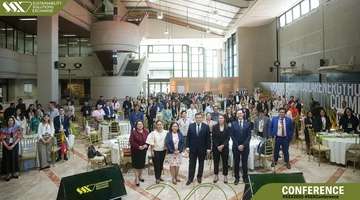
EU, PH push for green solutions in food industry at Sustainability Solutions Exchange 2025
Aiming to develop a sustainable Philippine food industry, the European Union (EU) and the Department... Learn More
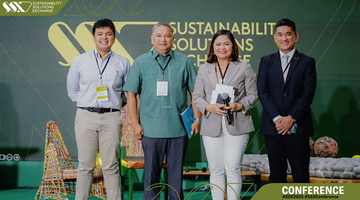
SSX Conference yields strategies for circular PH food industry
Transformative ideas took root at the Sustainability Solutions Exchange (SSX) Conference, where entr... Learn More
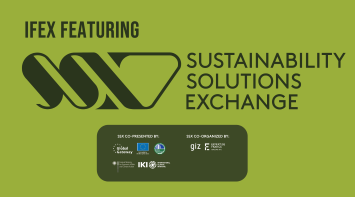
EU, PH aim to future-proof Philippine food industry at SSX 2025
In partnership with the European Union (EU), the Department of Trade and Industry’s Center for Inter... Learn More
